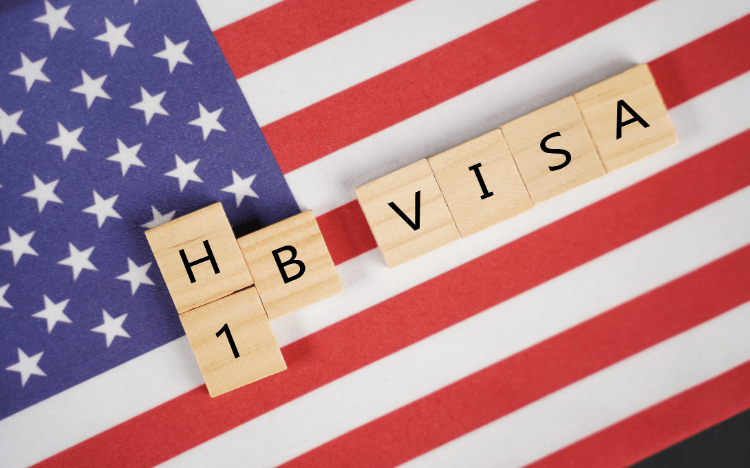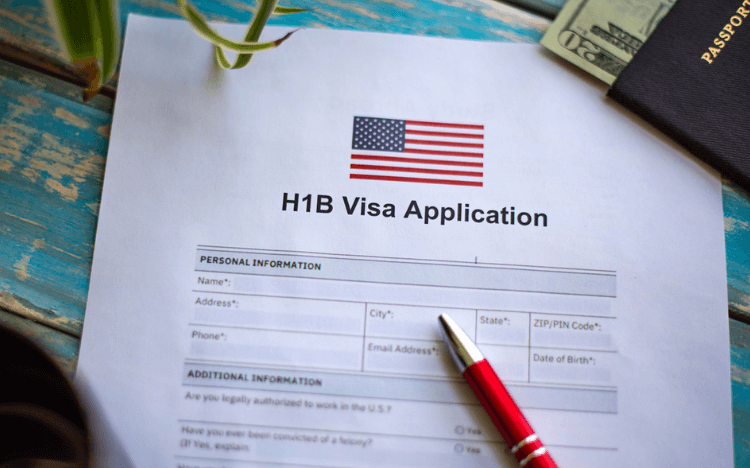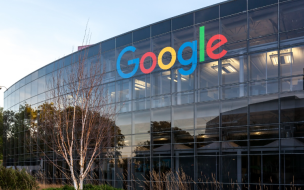The H-1B visa is highly coveted as it allows holders to stay in the US for three years after completing a higher education degree in the country.
To be eligible, an applicant must have graduated from their degree and acquired an occupation that require highly specialized knowledge. To get an H-1B visa, graduates need to be sponsored by an employer, who will petition the United States Citizenship and Immigration Services (USCIS) on their behalf.
At the end of the H-1B visa period, holders have the option to extend for a further three years. With the prospect of six years in the US, the visa is highly competitive. Applications are adjudicated during a lottery process.
Now, the USCIS aims to update the H-1B visa process with a number of changes that could affect international students.
Here’s a breakdown of the proposed changes.
READ: What Is An H1B Visa?

© lakshmiprasad S via iStock
Proposed H-1B Visa Changes
1. Streamlined eligibility requirements
Confusion over the exact types of degrees that can help an international student qualify for an H-1B visa has led the USCIS to propose a revision to the criteria.
This would involve clarifying that, while a range of degree types are accepted by H-1B visa adjudicators, the degree type must be directly linked to the job role that an applicant holds.
For example, a Master in Business Analytics graduate who lands a data analyst role at Amazon, one of the largest H-1B visa employers, would be eligible for an H-1B visa. If that same graduate landed a role in an entirely unrelated field, they would not fit the eligibility criteria.
2. Improved program efficiency
The desirability and resulting competitiveness that surrounds H-1B visas means that applying can be a lengthy process. The USCIS aims to improve the efficiency of the process by proposing a rule that would affect those who are filing a visa application for a second time.
Under the new system, unless the facts of the filing have changed between the first and second application, adjudicators would defer to their prior ruling rather than reviewing the application again.
3. Greater flexibility for F-1 visa holders
Each year there is a cap on the number of H-1B visas the US government will admit. In 2023, the cap is set at 65,000.
Currently, there are certain entities that are exempt from the cap, including certain nonprofits and government research organizations. Proposed changes would see students who are currently on an F-1 visa added to the exemption list.
The F-1 visa allows recipients to study for one year at certain types of US institutions, including colleges.
After graduation an F-1 visa allows grads to participate in the Optional Training Program (OPT), ensuring they can work in the US for a total of 12 months after their course concludes. Afterwards they must apply for an H-1B work visa to remain in the US.
Under the new rules, the USCIS would grant a cap exemption for F-1 visa holders when they seek to change their status to the H-1B visa. The changes would also provide greater flexibility for entrepreneurs seeking the H-1B visa.
Another key change, the date when students must leave the country after their F-1 visa expires would also be extended.
Currently some students changing their visa status experience a ‘cap gap’ between the time when their F-1 visa expires and the H-1B status begins.
While the majority of H-1B visa applications are granted before October 1st, delays mean that wait times can exceed the deadline, meaning holders of a now expired F-1 visa are forced to leave the country.
The proposed changes would mean moving the deadline to April 1st the following year, or until the date when an H-1B application is approved. This would “prevent the disruptions in employment [authorisation] that some F–1 nonimmigrants seeking cap-gap extensions have experienced over the past several years,” according to the proposal.
As a result of the rule changes, DHS said it expected USCIS would be able to adjudicate “nearly all” visa status changes before April 1st.
4. Strengthen integrity measures
If enacted, the H-1B visa changes would also work to reduce the possibility of fraud and misuse of the process.
Currently, individuals’ names can be submitted into the H-1B visa lottery more than once to increase the chance of success. New rules would prohibit registering the same visa beneficiary more than once.
The rule change would also allow for the USCIS to visit company sites where H-1B visas have been approved, to check for fraudulent practices.
Register for free to continue reading











The best of our Premium Articles